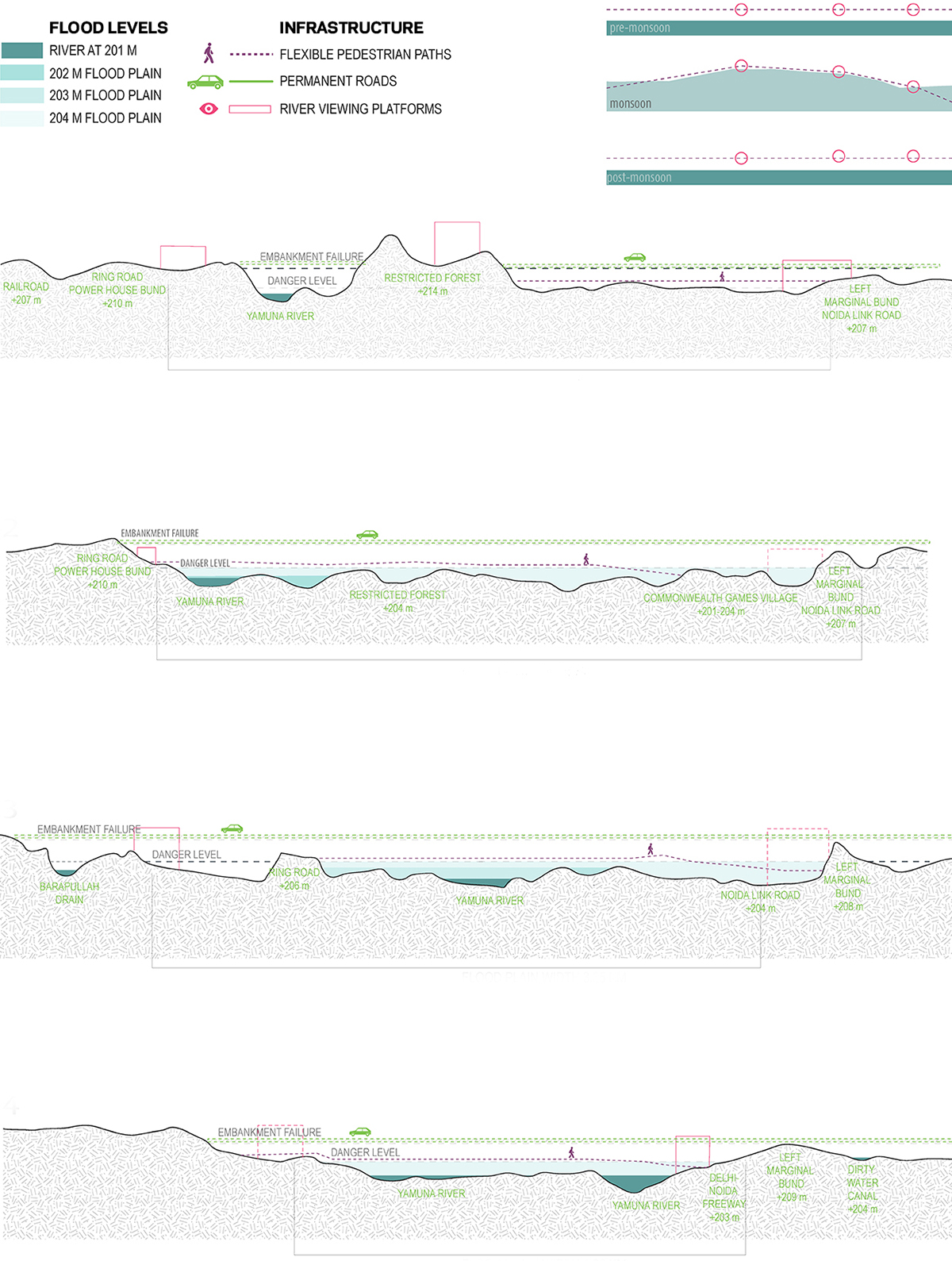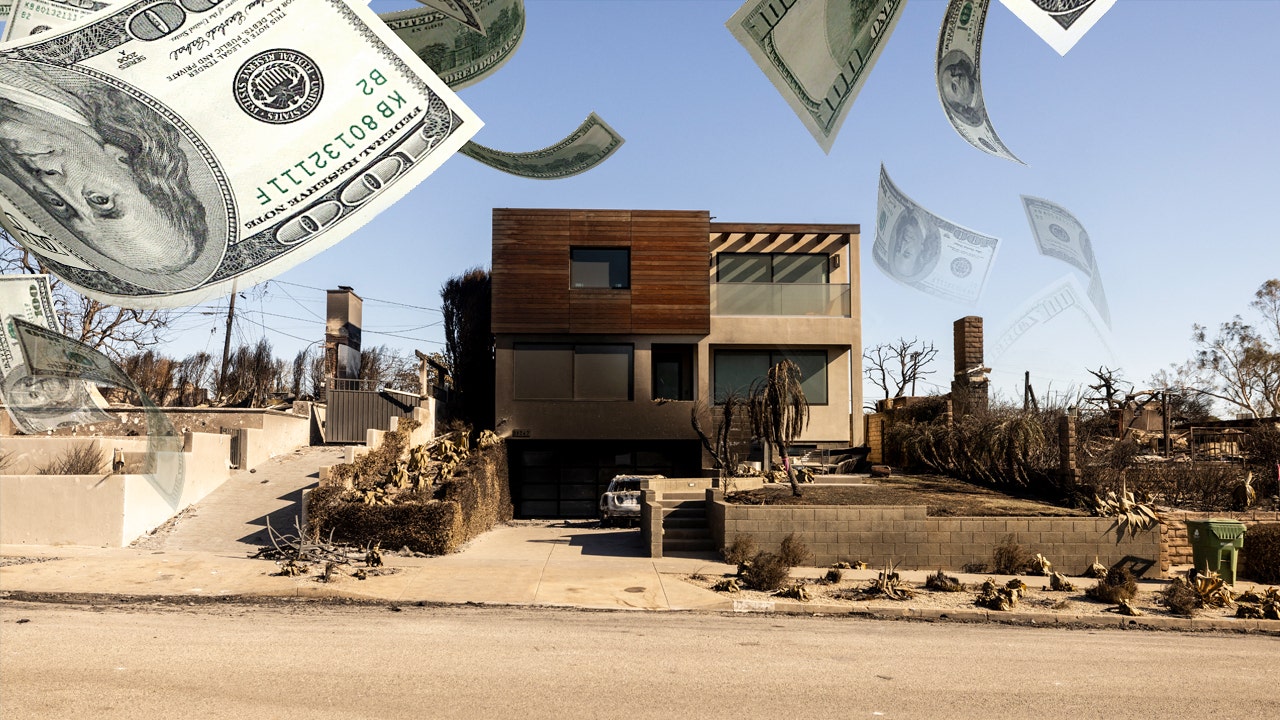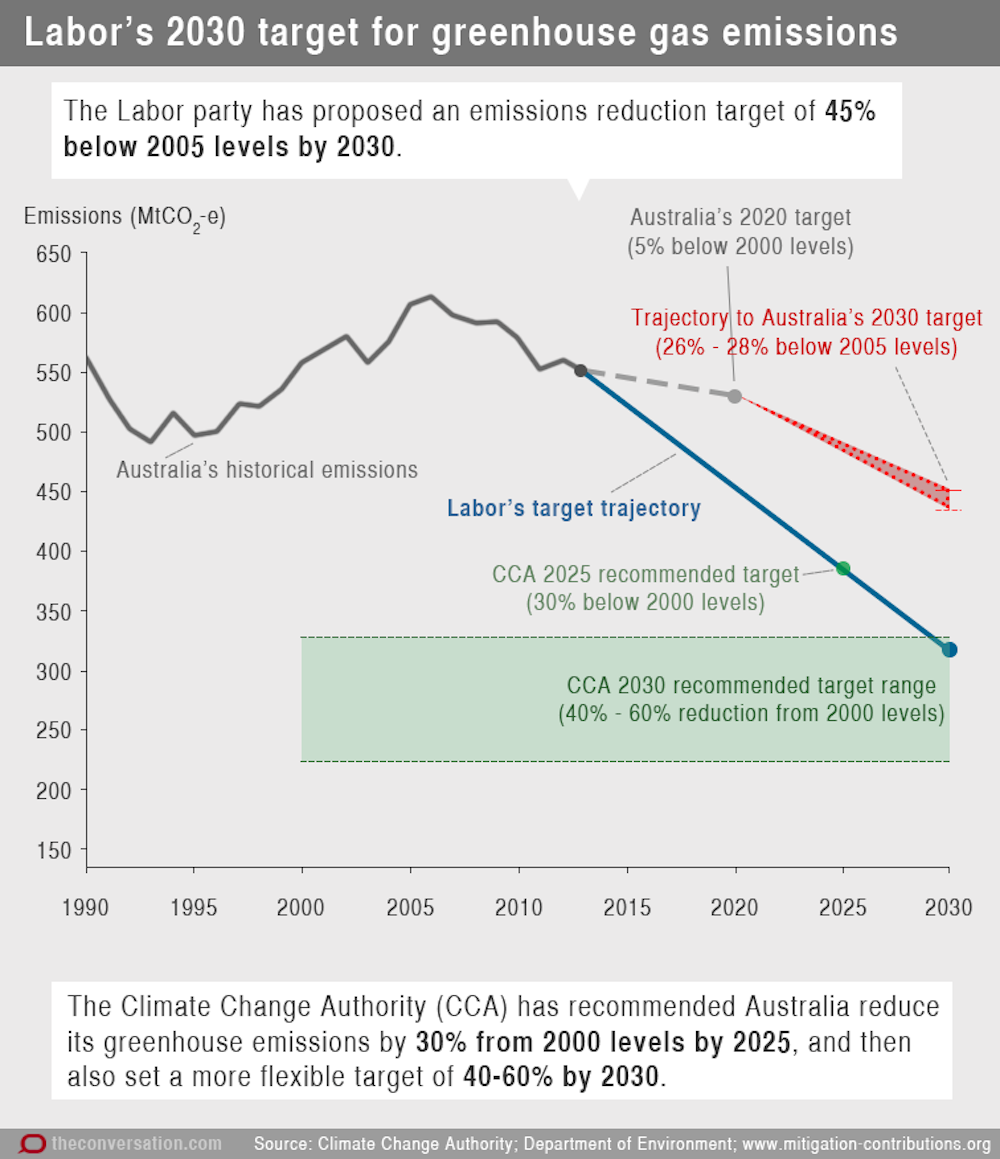Old Petrol Car Bans: Lessons From New Delhi For Urban Planning

Table of Contents
The Rationale Behind Old Petrol Car Bans in Delhi
Delhi's notoriously poor air quality is a severe public health crisis. High levels of air pollution, particularly particulate matter (PM2.5 and PM10), contribute significantly to respiratory illnesses, cardiovascular diseases, and reduced life expectancy. Vehicle emissions are a major contributor to this pollution, with older, less efficient vehicles being the most significant offenders. The Indian government, committed to improving air quality and public health, has implemented various strategies, including old petrol car bans, to address this challenge.
- High levels of particulate matter (PM2.5 and PM10): These microscopic pollutants penetrate deep into the lungs, causing serious health problems.
- Increased respiratory illnesses and other health problems: Delhi has consistently ranked among the world's most polluted cities, leading to a surge in respiratory ailments and other health issues.
- Contribution of older, less efficient vehicles to pollution: Older vehicles lack the emission control technologies found in newer models, releasing significantly higher levels of harmful pollutants.
- Government's commitment to improving air quality: The implementation of the old petrol car ban demonstrates the government's serious commitment to tackling air pollution.
Older petrol cars are particularly problematic due to their lower emission standards compared to newer vehicles. They emit significantly higher levels of carbon monoxide (CO), hydrocarbons (HC), nitrogen oxides (NOx), and particulate matter, all of which contribute to smog and respiratory illnesses. The ban aims to remove these high-polluting vehicles from the roads, thus improving air quality.
Implementation and Challenges of the Ban
Implementing the old petrol car ban in Delhi presented numerous challenges. Enforcement proved difficult due to the sheer number of vehicles on the road and the complexity of verifying vehicle registration and age. Public resistance was also a factor, with many car owners expressing concerns about their right to own and operate their vehicles. Furthermore, the existing public transportation infrastructure struggled to accommodate the increased demand resulting from the ban.
- Difficulties in vehicle registration verification and enforcement: Effective monitoring and enforcement require sophisticated technology and sufficient personnel, both of which were initially lacking.
- Public transport infrastructure limitations: The inadequate public transport system in Delhi exacerbated the difficulties faced by those whose vehicles were banned.
- Socioeconomic impact on car owners: The ban disproportionately impacted low-income individuals who relied on older vehicles for their livelihood.
- The need for clear communication and public awareness campaigns: Effective communication was crucial to gaining public support and ensuring compliance.
The effectiveness of the enforcement mechanisms was initially limited, leading to widespread non-compliance. However, over time, improvements in technology and stricter enforcement measures have led to increased compliance.
Impact and Results of the Ban (Positive and Negative)
The old petrol car ban in Delhi has yielded mixed results. While positive effects on air quality are evident in certain areas, significant challenges remain.
Positive Effects:
- Measurable improvements in air quality indices: While not universally significant, some studies have shown localized improvements in air quality indices in certain areas after the implementation of the ban.
- Increased adoption of public transport or newer, cleaner vehicles: The ban incentivized some citizens to switch to public transport or purchase newer, more fuel-efficient vehicles.
- Potential reduction in traffic congestion: The removal of older, less reliable vehicles from the roads may have contributed to a slight reduction in traffic congestion in some areas.
Negative Effects:
- Challenges faced by lower-income groups: The ban disproportionately affected low-income individuals reliant on older vehicles for their livelihoods, highlighting the need for social equity considerations.
- Increased demand for public transport without sufficient infrastructure: The sudden increase in demand for public transport strained the already inadequate system, resulting in overcrowding and inconvenience.
- Potential displacement of pollution to surrounding areas: The ban may have led to a displacement of pollution to areas surrounding Delhi, requiring a regional approach to air quality management.
Lessons Learned and Best Practices for Other Cities
Delhi's experience with old petrol car bans offers valuable lessons for other cities considering similar initiatives.
- Importance of comprehensive public transport planning: Before implementing a ban, cities must invest heavily in expanding and improving their public transport systems to accommodate the increased demand.
- Need for robust enforcement mechanisms and technological solutions: Effective enforcement is critical for the success of such bans. This requires technological advancements and adequate resources.
- Phased implementation to minimize disruption: A gradual phasing-out of older vehicles can minimize the negative impacts on citizens and the economy.
- Focus on social equity and support for vulnerable groups: Mitigation strategies should be put in place to help low-income individuals and businesses transition to cleaner transportation options.
- Collaboration with stakeholders and transparent communication: Open communication and engagement with all stakeholders are essential for building public support and ensuring smooth implementation.
Conclusion
Delhi's experience with old petrol car bans demonstrates the complex interplay between environmental concerns, economic realities, and social equity in urban planning. While the ban has yielded some positive impacts on air quality, its success has been hampered by implementation challenges and negative socioeconomic consequences. The key takeaway is the need for a holistic approach that integrates comprehensive public transport planning, robust enforcement, social equity considerations, and transparent communication. Urban planners and policymakers considering similar policies should carefully study the Delhi experience, learning from both its successes and failures. Further research into the long-term impacts of such bans is crucial for developing effective strategies to improve urban air quality and promote sustainable transportation. Implementing effective old petrol car bans and similar measures requires careful planning, stakeholder engagement, and a commitment to equitable and sustainable urban development.

Featured Posts
-
 E Bay Faces Legal Action Over Banned Chemicals Section 230 At Stake
Apr 25, 2025
E Bay Faces Legal Action Over Banned Chemicals Section 230 At Stake
Apr 25, 2025 -
 Lauderdale County Detention Center Wrongful Death Lawsuit Filed
Apr 25, 2025
Lauderdale County Detention Center Wrongful Death Lawsuit Filed
Apr 25, 2025 -
 La Fire Victims Face Price Gouging A Selling Sunset Star Speaks Out
Apr 25, 2025
La Fire Victims Face Price Gouging A Selling Sunset Star Speaks Out
Apr 25, 2025 -
 The Spider Man 4 Title And The Sadie Sink Casting Theory A Conclusive Look
Apr 25, 2025
The Spider Man 4 Title And The Sadie Sink Casting Theory A Conclusive Look
Apr 25, 2025 -
 Xis Bold Climate Move China Pledges Tougher Emissions Cuts Without Us
Apr 25, 2025
Xis Bold Climate Move China Pledges Tougher Emissions Cuts Without Us
Apr 25, 2025
Latest Posts
-
 Le Labo Du 8 Une Exposition Photographique De Pierre Terrasson
Apr 26, 2025
Le Labo Du 8 Une Exposition Photographique De Pierre Terrasson
Apr 26, 2025 -
 Milan Design Week 2025 Saint Laurent Showcases The Legacy Of Charlotte Perriand
Apr 26, 2025
Milan Design Week 2025 Saint Laurent Showcases The Legacy Of Charlotte Perriand
Apr 26, 2025 -
 Exposition De Photos De Pierre Terrasson A La Galerie Le Labo Du 8
Apr 26, 2025
Exposition De Photos De Pierre Terrasson A La Galerie Le Labo Du 8
Apr 26, 2025 -
 Saint Laurent And Charlotte Perriand A Milan Design Week 2025 Collaboration
Apr 26, 2025
Saint Laurent And Charlotte Perriand A Milan Design Week 2025 Collaboration
Apr 26, 2025 -
 Dong Duong Hotel Joins Fusion Hotel Collection In Hue
Apr 26, 2025
Dong Duong Hotel Joins Fusion Hotel Collection In Hue
Apr 26, 2025
